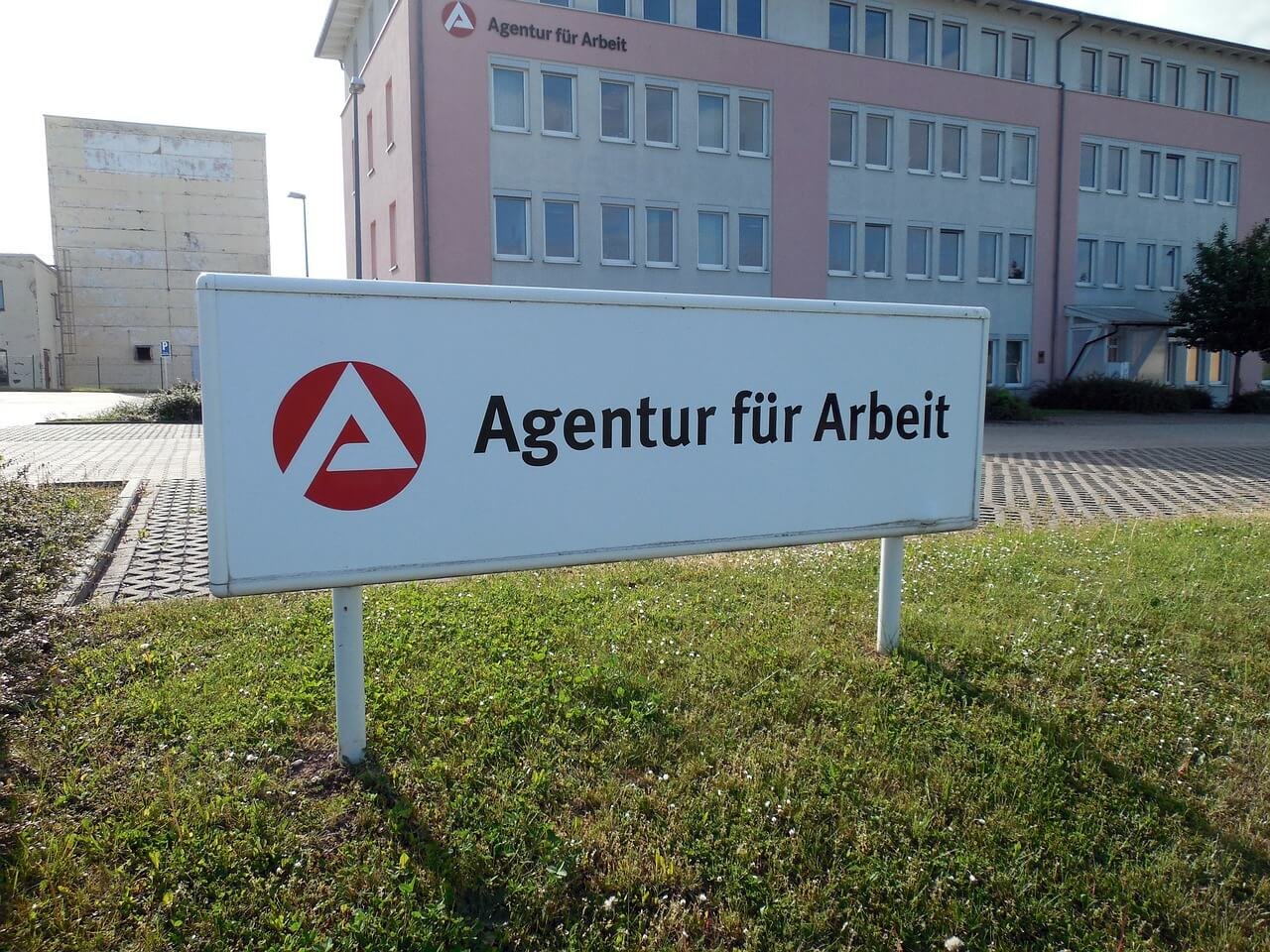
For international employees (expats) working in Germany, it’s essential to understand not only the national labour laws but also the overarching European Union (EU) labour laws that provide additional rights and protections. The EU labour law framework sets the minimum standards and protections for workers across its member states, including Germany. This article provides a comprehensive overview of EU labour law, highlighting key areas that are particularly relevant for expats.
What is EU Labour Law?
EU labour law consists of various directives, regulations, and treaty provisions aimed at safeguarding workers’ rights and ensuring fair working conditions across member states. It addresses a wide array of employment-related issues, from working hours to anti-discrimination measures.
Key Components of EU Labour Law
EU labour law comprises several critical areas designed to protect employees and ensure a harmonious work environment. These include:
- Working Time Directive:
- Establishes minimum rest periods and maximum working hours.
- Stipulates at least 11 consecutive hours of rest in any 24-hour period.
- Limits average weekly working time to 48 hours, including overtime.
- Health and Safety at Work:
- Provides a framework for ensuring the health and safety of workers.
- Requires employers to assess risks and implement appropriate safety measures.
- Includes the right to safety training and health surveillance.
- Anti-Discrimination:
- Prohibits discrimination based on gender, racial or ethnic origin, religion or belief, disability, age, or sexual orientation.
- Ensures equal treatment and opportunities in the workplace.
- Information and Consultation:
- Mandates employers to inform and consult employees on significant changes such as company restructuring, mergers, or layoffs.
- Strengthens workers’ roles in company governance.
- Employment Contracts and Conditions:
- Ensures that employees receive written contracts detailing their rights and obligations.
- Sets minimum standards for employment conditions, including notice periods and severance.
Working Time Directive
One of the most significant components of EU labour law is the Working Time Directive (2003/88/EC), which sets minimum standards for working hours, rest periods, and annual leave.
Key Provisions:
- Daily Rest: Employees must have at least 11 consecutive hours of rest in each 24-hour period.
- Weekly Rest: At least 24 hours of uninterrupted rest every seven days.
- Maximum Weekly Working Time: Average working time, including overtime, should not exceed 48 hours per week.
- Breaks: Employees are entitled to breaks if their workday exceeds six hours.
- Annual Leave: At least four weeks (20 days) of paid annual leave.
Health and Safety at Work
The EU has established several directives to ensure a high standard of health and safety at work. These directives require member states to enforce regulations that protect workers from occupational hazards.
Employer Responsibilities:
- Risk Assessment: Employers must regularly evaluate workplace risks and take preventive measures.
- Training: Employers must provide adequate safety training to employees.
- Health Surveillance: Regular health monitoring, particularly for workers in high-risk jobs.
- Accident Prevention: Implementation of safety protocols to prevent workplace accidents.
Anti-Discrimination Measures
EU labour law prioritizes equality and prohibits discrimination in the workplace. Key directives include the Employment Equality Framework Directive (2000/78/EC) and the Racial Equality Directive (2000/43/EC).
Prohibited Grounds of Discrimination:
- Gender
- Racial or Ethnic Origin
- Religion or Belief
- Disability
- Age
- Sexual Orientation
Information and Consultation Rights
EU directives ensure that employees are informed and consulted about important matters affecting their employment. The Information and Consultation Directive (2002/14/EC) provides a general framework for informing and consulting employees at national level.
Key Aspects:
- Transparency: Employers must inform employees about business decisions affecting their jobs.
- Employee Participation: Workers have the right to participate in company decision-making processes.
- Consultation Requirements: Applies to significant changes like mergers, acquisitions, and mass layoffs.
Employment Contracts and Conditions
EU labour law mandates that employees should be provided with clear and concise information about their employment conditions. The Written Statement Directive (91/533/EEC) requires that employees receive a written document summarizing their working conditions.
Contents of Employment Contracts:
- Job Title and Description: Clear description of job responsibilities.
- Employment Duration: Fixed-term or indefinite duration.
- Remuneration: Details of salary and other financial benefits.
- Working Hours: Standard working hours and overtime regulations.
- Leave Entitlements: Information on annual leave, sick leave, and other types of leave.
Worker Mobility and Recognition of Qualifications
With the free movement of labor being a fundamental EU principle, the EU has established measures to facilitate worker mobility and the recognition of professional qualifications.
Facilitating Mobility:
- Freedom of Movement: Allows workers to move freely within the EU for employment without facing discrimination.
- Social Security Coordination: Ensures that workers are covered by social security systems when moving between member states.
Recognition of Qualifications:
- Automatic Recognition: Certain professions benefit from automatic recognition of qualifications across the EU.
- Directive on Professional Qualifications (2005/36/EC): Provides a framework for the recognition of professional qualifications.
Dispute Resolution and Enforcement
EU labour law also provides mechanisms for resolving disputes and ensuring enforcement of workers’ rights.
Dispute Resolution:
- Mediation Services: Encourages amicable resolution of conflicts through mediation.
- Labour Courts: Provides access to judicial systems for resolving employment disputes.
Enforcement Agencies:
- Labour Inspectorates: National bodies responsible for monitoring and enforcing compliance with labour laws.
- European Labour Authority: Supports cooperation between national authorities and ensures fair labour mobility across the EU.
Practical Tips for Expats
As an expatriate in Germany, understanding and utilizing EU labour laws can significantly enhance your employment experience. Here are some practical tips:
- Know Your Rights:
- Familiarize yourself with the key components of EU labour law relevant to your situation.
- Keep informed about any updates or changes to these laws.
- Seek Legal Advice:
- Consult with a labor lawyer or legal advisor specializing in EU and German labor laws.
- Legal support can ensure that your rights are protected and help resolve any disputes.
- Engage with Works Councils:
- Participate in or consult works councils, which represent employees’ interests within the company.
- Works councils can provide valuable support in issues like workplace safety, disputes, and negotiating terms of employment.
- Utilize EU Resources:
- Take advantage of EU resources such as the European Job Mobility Portal for information on your rights and opportunities.
- Access social security coordination benefits and tools for recognizing your professional qualifications.
Conclusion
Navigating EU labour law can seem daunting for expatriates in Germany, but understanding its core principles and protections can empower you to safeguard your rights and enhance your employment experience. From working hours and health and safety to anti-discrimination measures and worker mobility, EU labour laws offer extensive protections that complement national regulations. Stay informed, seek professional advice, and engage with available resources to ensure your rights are fully protected while working in Germany.







